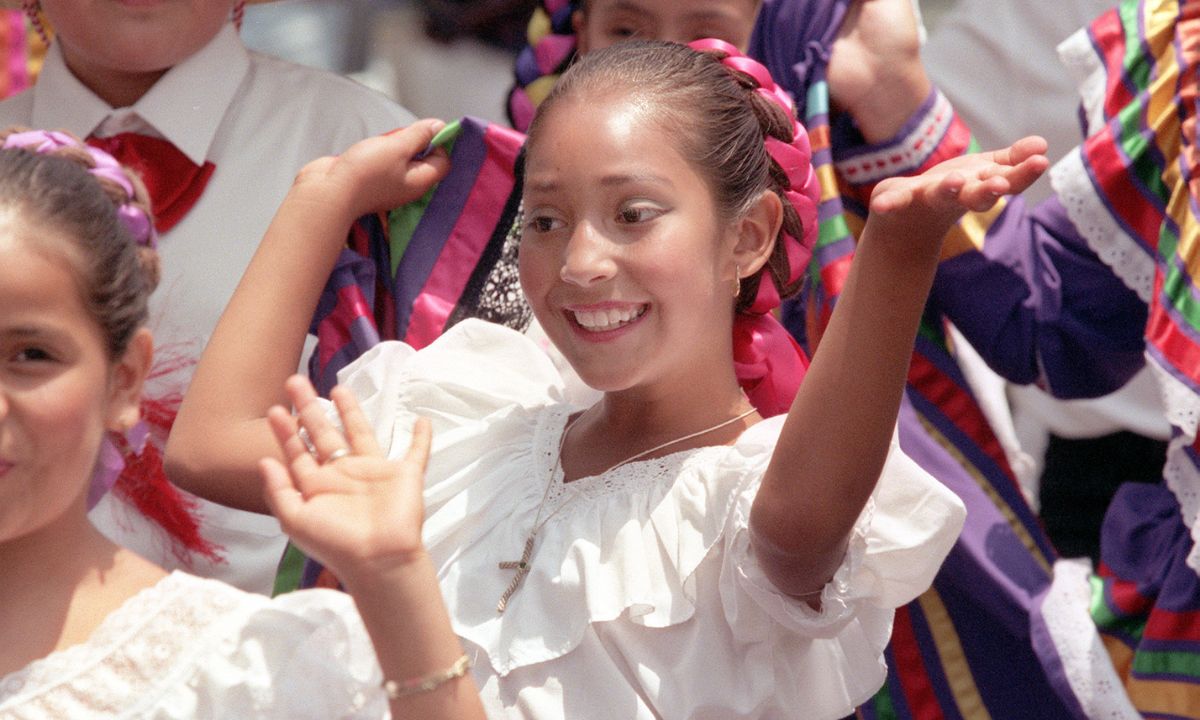Teaching Students Why Cinco de Mayo Matters for Our Democracy
Otheguy: Students should understand the history of the Mexican fight for freedom and how it influenced our own.

Get stories like this delivered straight to your inbox. Sign up for The 74 Newsletter
As we raise our margarita glasses and dip into guacamole this Cinco de Mayo, it’s worth remembering why this celebration exists at all.
Cinco de Mayo commemorates a Mexican victory over French invaders, but May 5, 1862, is also an important day for the United States.
On this day, our country was in the throes of the Civil War. Battles raged in Virginia, Tennessee, and Kentucky. If Napoleon III’s French army had been successful in Mexico, it might have spelled doom for the Union and their efforts to abolish slavery. The Confederates were actively seeking a European ally on their southern border, and some historians believe that Napoleon III would have advanced to the United States after taking Mexico. So when the Mexicans defeated the French at the Battle of Puebla (what we now call Cinco de Mayo), the Union celebrated.
This related history is rarely taught in schools, but as a children’s author and historian, I knew I had to bring this moment alive for today’s students. Through a trio of time-traveling children and their intrepid quest to find a magic sword, my latest book tells the story of Cinco de Mayo as it needs to be told: as a triumph for freedom in all the Americas.
What students learn from Cinco de Mayo is that our democracy depends on other countries. When they know that history, they know that isolating our nation doesn’t put America first – it leaves us behind. We are all connected, and history teaches that the U.S. does best when we work with, and not against, our neighbors.
By designating English as the official language and renaming the Gulf of Mexico, the current administration makes Latin America seem distant and unfamiliar. But Cinco de Mayo reminds us that we shared a common vision of freedom with this region.
My young protagonists have a time-traveling aunt, who after the Battle of Puebla tells them about the victory’s layered meaning: “America can be a land of republics,” she says. “It means Latinos can govern themselves. It means the underdog can win.”
As my characters witness the strife unfolding in the United States and Mexico, one of them muses on her admiration for those who fought for a world “where kings and queens live in fairy tales, not in government houses.”
When we take a hemispheric approach to history — meaning when we study what was happening throughout the Americas and not just in one country — it makes sense why Cinco de Mayo is perennially popular. Early Cinco de Mayo parties in the United States displayed the flags of Mexico, the United States, Chile, and Peru, which were the leading republics at that time.
It is clear that we owe our freedom today to the soldiers and leaders who stood up to the threats of wealthy planters and a self-declared emperor from overseas. The Union army included many immigrants and children of immigrants as well as Black and Native American soldiers. And the Mexican army had soldiers of mixed heritage — mestizos — as well as Indigenous peoples. Those who fought for liberty were not a monolith, but they shared a democratic ideal.
The upper elementary and middle school years are the perfect time to learn about democracy. Kids this age generally feel restricted by grown-ups, so they intuitively understand the worth of independence. They get that monarchies are bad, and given how eager the students are to make their small voices heard, they understand that living in a democracy is precious.
In my recent trips to schools to read the book, I try to build on children’s instinctive sense of justice. When teaching them about France trying to recolonize Mexico, I remind them that the country had already become independent at the time of the incursion.
“That’s not fair!” at least one or two students in every school group shout. “Exactly,” I say, reinforcing the importance of the rule of law.
We cannot expect children to care about democracy if we never teach them about it in more than just an abstract way. But through fiction, we can take young readers to the most critical moments in history and show them the turning points that shaped the United States and nations around us. They will learn that wherever we are in the Americas, we depend on one another for our freedom.
Get stories like these delivered straight to your inbox. Sign up for The 74 Newsletter

;)
